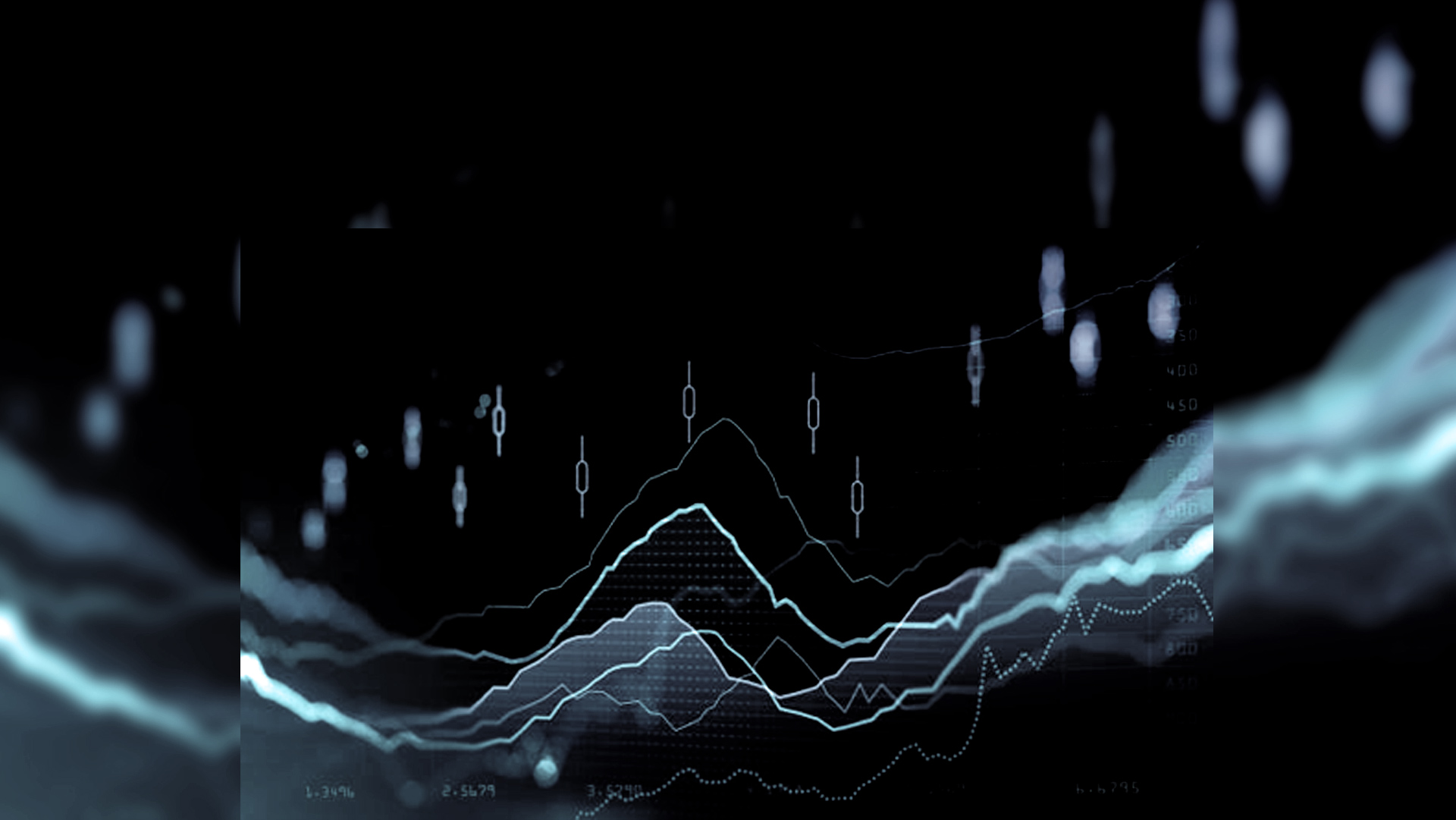Discover the realm of commodities futures through our comprehensive guide, delving into their benefits, contract types, associated risks, and strategies for maximizing profits.
Commodities futures represent financial instruments enabling investors to forecast future price shifts of various raw materials and natural resources. Traded on exchanges like the Chicago Mercantile Exchange (CME), these contracts cover commodities such as oil, gold, and wheat. They serve as a means for investors to hedge against price volatility or to speculate on forthcoming price variations.
Understanding Commodities Futures
Commodities futures entail contractual agreements between two parties, dictating the buying or selling of a specific commodity at a predetermined price on a future date. For instance, a farmer planning to vend his wheat crop in six months can secure a price by entering into a futures contract, shielding himself from potential price declines.
Why Engage in Commodities Futures Trading?
Investors partake in commodities futures trading for various reasons. Firstly, for hedging purposes, producers may opt to sell futures contracts to safeguard against plummeting prices, while consumers might buy futures contracts to shield against price hikes. Secondly, speculation plays a pivotal role, with investors leveraging futures contracts to capitalize on anticipated price movements, whether upward or downward.
Strategies for Commodities Futures Trading
Several strategies empower investors in commodities futures trading. Trend following involves analyzing historical price data to discern patterns, aiding in decision-making regarding buying or selling futures contracts. Mean reversion strategy identifies instances where a commodity deviates from its historical price average, guiding traders on when to buy or sell contracts accordingly. Spread trading, on the other hand, involves simultaneous buying and selling of futures contracts for different commodities or delivery dates, offering opportunities to mitigate risks or exploit price differentials.
Risks Associated with Commodities Futures Trading
While potentially lucrative, trading commodities futures carries inherent risks. The volatile nature of commodity prices, influenced by geopolitical events, weather fluctuations, and supply-demand dynamics, poses a significant challenge. Moreover, the leverage inherent in futures contracts amplifies both profits and losses, necessitating cautious decision-making.
Conclusion
Commodities futures present avenues for investors to mitigate price volatility risks or speculate on future price movements. Employing diverse trading strategies, investors navigate this market, albeit mindful of the accompanying risks. With a firm grasp of futures contracts mechanics and the factors influencing commodity prices, investors can make informed choices, potentially reaping rewards from commodities futures trading.




